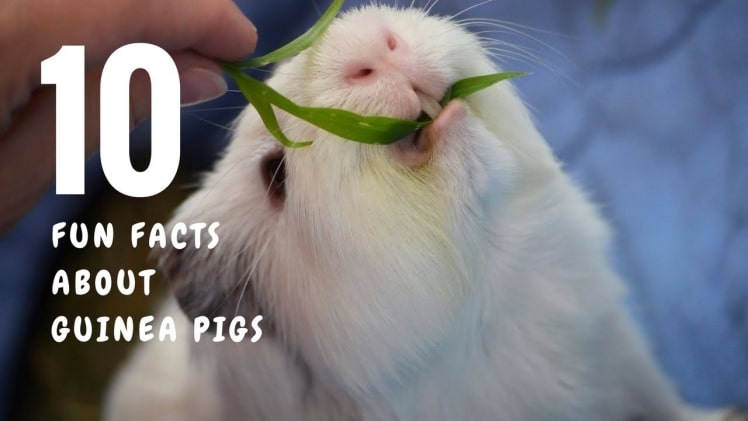The Basic Facts About Guinea Pig Care

Guinea pigs are small, furry rodents that belong to the family Caviidae and the genus Cavia. The guinea pig is also known as a domestic case. Here are some basic facts about guinea pig care. You’ll want to read this information carefully before you adopt a guinea pig. They have various health care needs, and you’ll want to learn when the breeding season is.
Biological characteristics
The fetal cells of the Guinea pig were found to possess 62 autosomal and two sex chromosomes. The incidence of these cells was less than 2% in our study. Furthermore, the fetal cells had the same biological characteristics as normal fibroblast cells. Moreover, they showed the same migration pattern, and they covered the bottoms of flasks within ten days.
The guinea pig is a social animal that prefers close contact with other guinea pigs. This is a fact because the wild species tend to group themselves in groups of five or ten. These groups often converge into larger colonies. Biological characteristics of Guinea pigs include:
Health care needs
Guinea pigs need regular medical examinations for a variety of reasons. While they’re remarkably easy to care for, some conditions may require veterinary attention. These include respiratory problems, red, scaly skin, painful joints, and obesity. Some diseases may also be caused by improper husbandry, including infections, parasites, and dietary deficiencies. The following information is a guide to general guinea pig health care.
The most basic health care for guinea pigs is maintaining fresh water at all times. Fresh water should be provided on a daily basis. Water bottles must be cleaned daily or plugged if they become dirty. Guinea pigs also require annual physical exams, and veterinarians should be notified of any changes in the animal’s behavior or general health. Early detection of disease processes will help maintain the animal’s health and longevity.
Breeding season
The breeding season for Guinea pigs begins during the summer months. The female will become more restless and will attempt to attract a male’s attention. Female guinea pigs should weigh about 700 grams and be in good physical shape. It is best to breed a pair of guinea pigs at once to maximize the chance of successful breeding. Breeding isn’t recommended for females that are overweight, chronic, or emaciated.
Mother guinea pigs give birth to one or two piglets, depending on how many litters the mother has. The female will nurse and feed the newborns for approximately three weeks after giving birth. After the piglets are born, the mother will no longer need to feed the piglets. The female should have some time to recover before giving birth to the next litter. A female guinea pig will have at least 3-5 months to recover after giving birth to her first litter.
Care of guinea pigs
Care for guinea pigs should include daily playtime outside their cage. Their favorite things to do include chewing on things such as plastic toys and electrical wires. You should be available to spend at least 30 minutes a day with your guinea pig. Make sure they are healthy by regularly checking their poop and pee. If you notice anything wrong, bring them to the vet right away.
Unlike cats, guinea pigs cannot produce Vitamin C. Therefore, they need to be supplemented with food sources that contain adequate amounts. Inadequate amounts of Vitamin C in the diet result in scurvy, a disease that kills pregnant females and rapidly growing young. Subclinical deficiencies are also known to predispose the animals to other diseases. Commercially available guinea pig pellets tend to lose their potency quite quickly. Hence, further supplementation is necessary.

